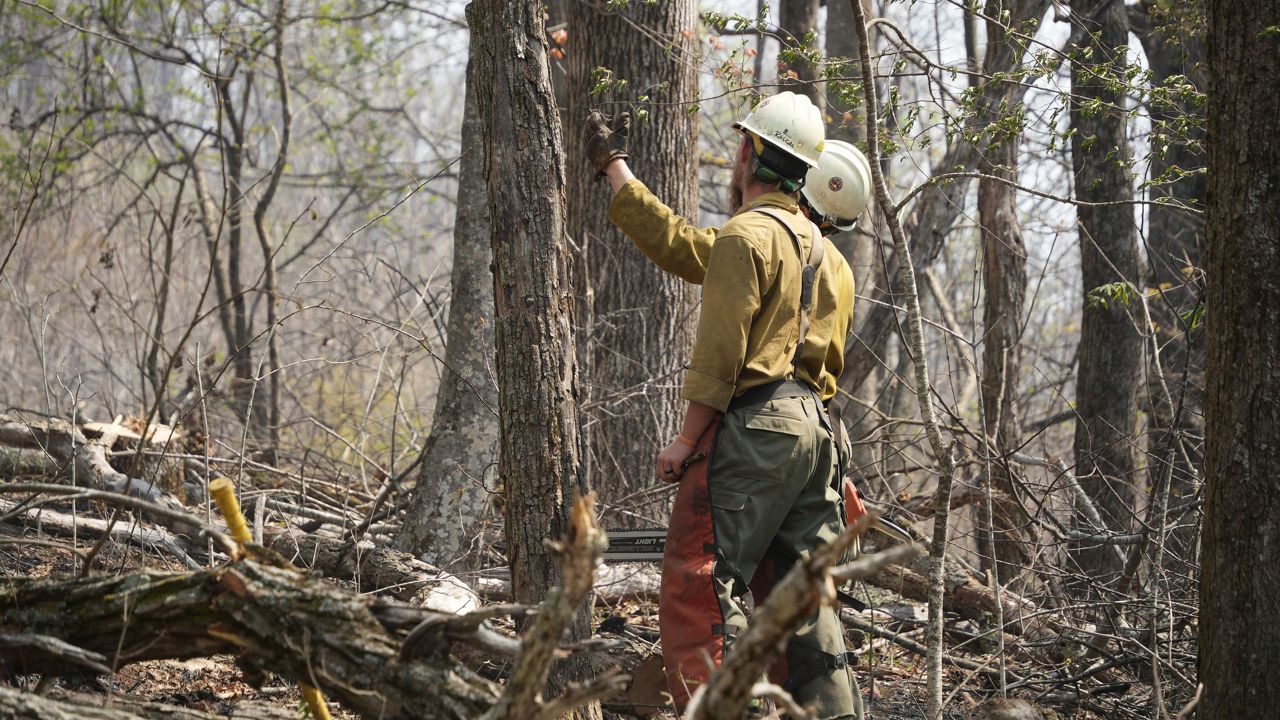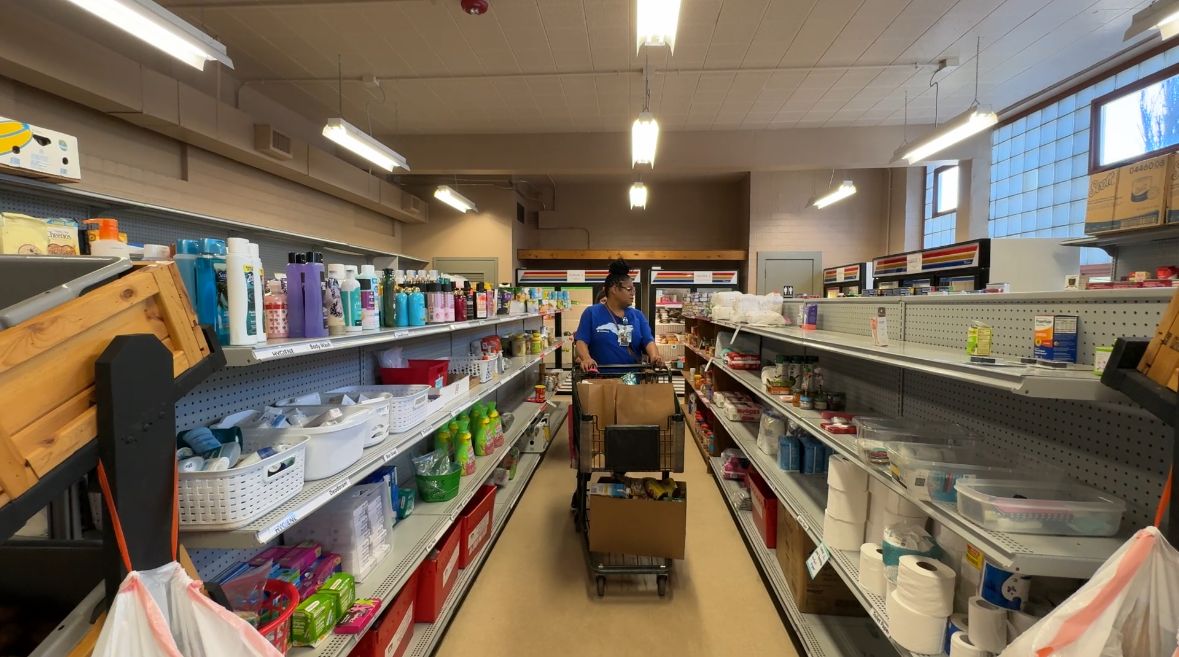CHARLOTTE, N.C. — The avian flu has killed over 82 million birds since 2016 and has recently jumped to a different animal, dairy cows, across six states. The U.S. Department of Agriculture says the infection is causing a decrease in lactation and low appetite among other symptoms in cows.
While the avian flu has not reached North Carolina, farmers in the state are keeping a close eye on their cattle to prevent the flu from affecting their herds.
“I’ve always loved cows, and I love farming, I really love what I do,” said Corey Lutz, owner of Piedmont Jerseys and Riverbend Creamery in Lincolnton.
From dusk to dawn, Lutz works alongside hundreds of cows a day.
“We're milking about 230 cows right now. They're producing about 13,000 pounds of milk a day. We also have a creamery where we process part of the milk that these cows give and directly sell it to the public,” Lutz said. “The margins on dairy have always been tight, but it seems like they just keep getting tighter and tighter all the time.”
A new challenge dairy farmers are looking out for is the recent report of the avian flu striking herds of cattle for the first time.
“They're thinking this came in from flocks of birds coming into dairies, defecating on feed, the cows ingest it and that's how they got the flu. What it does is it makes the cows quit eating and then they really drop off in production,” Lutz said.
Since the virus is new in cattle, the Centers for Disease Control and Prevention said testing will soon reveal how widespread the infection is and if cow-to-cow transmission is possible, but for now, Piedmont Jerseys is using technology to stay ahead of any red flags.
“The collars on these cows, those are almost like a Fitbit. So we track activity, digestion, rumination and eating. So all of that we can track and if we have a cow get sick, we know it pretty quickly because first thing she'll do is react. Her eating will drop, and then we can check them out,” Lutz said.“The collars on these cows, those are almost like a Fitbit. So we track activity, digestion, rumination and eating. So all of that we can track and if we have a cow get sick, we know it pretty quickly because first thing she'll do is react. Her eating will drop, and then we can check them out,” Lutz said.
As for concerns about milk supply, Lutz says the pasteurization process keeps people safe.
“As far as the milk supply and the meat supply, this is very easy to kill with pasteurization or cooking meat. As long as you're drinking pasteurized milk and not eating raw milk, the public doesn't have anything to fear from this outbreak,” Lutz said.
While the USDA does not believe this will impact the price of dairy, Lutz says the biggest thing farmers can do for their cattle is to keep birds away.
“If you got something in a cow feed that birds love, they're going to flock in. We do a pretty good job of keeping the birds away from the cattle feed, and that can be a problem at some places, especially starlings, I mean, they come in thousands at a time,” Lutz said.
The CDC has also announced that a person has tested positive for the avian flu after coming in contact with an infected dairy cattle in Texas. The CDC still considers this flu a low risk to people but is urging farms to monitor any symptoms and to take extra safety precautions.
For more information on Piedmont Jerseys you can visit their website here.










